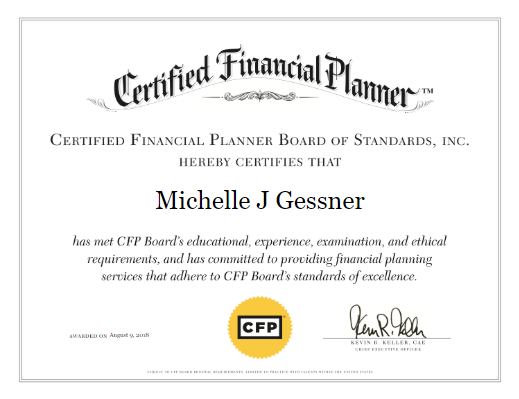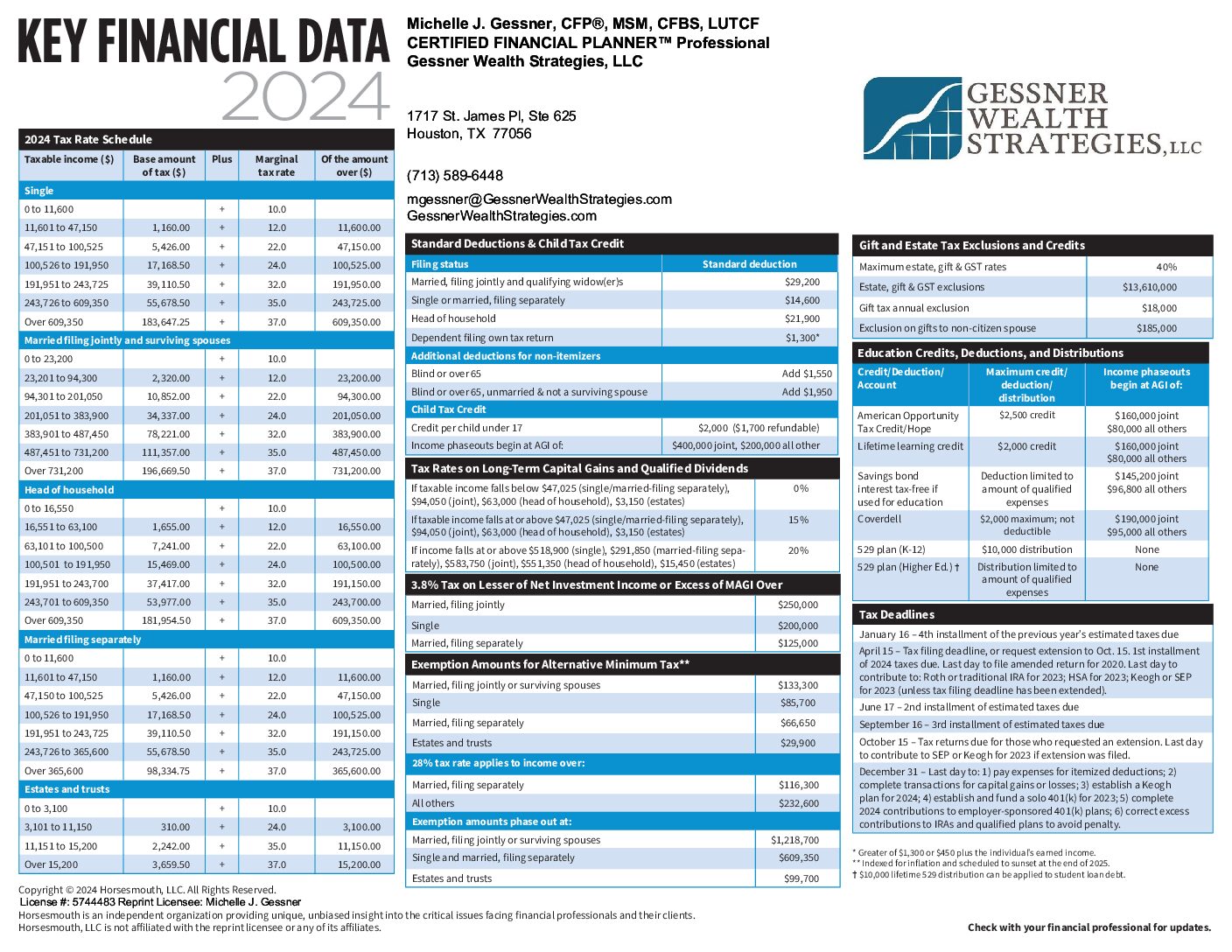Chances are, if you have a large percentage of stock holdings, you’ve seen your investment account balance take a nosedive since the quarterly statement you received in mid-January. While nobody is happy to see an account balance that is 20-30% lower than it was only a few weeks ago, there are some good opportunities to identify and possibly act upon.
Taxes Going Up
If you hold most of your money in tax-deferred accounts like IRA’s, 401(k)’s, or 403(b)’s, you already know that much of your wealth has never been taxed. When you remove the money in your vulnerable retirement years, you will be subject to income tax on the entire withdrawal, including the earnings accumulated from your initial contributions. The income tax due will be at rates in effect at that time, which many experts believe will likely be higher due to the enormous budget deficit held by the federal government. The deficit that just grew by another $2 Trillion thanks to the CARES program recently passed by Congress for economic relief to small businesses. Hence, for many people, executing managed Roth Conversions this year and over the next few years at current tax rates, will be a smart move.
Roth Conversions
However, a Roth Conversion requires that you pay the taxes due on that converted amount now (or at tax time next year). Therefore, you must have the money available to pay that tax due without depleting necessary emergency funds. What is an adequate emergency fund? Most financial experts agree that you should hold at least 6 months of your living expenses in a liquid, accessible emergency fund. If you are already in retirement, or have extenuating circumstances, one year’s worth of living expenses is advisable.
While you can ask the custodian of your investment account to withhold the tax due on the Roth Conversion from the account itself if you are at least 59 ½ years old, such a move is not advisable –especially now. Why not? Because withholding tax and sending it to the IRS means that you are placing a trade to liquidate the securities needed to pay that tax – at low prices associated with a terrible market decline.
If you agree that a Roth Conversion is a good move because income tax rates will likely increase at all levels to help pay for the ever increasing federal deficit, then executing a Roth Conversion this year and over the next several years is indicated. But how about now when the market is down? Even better.
Saving Taxes in a Market Decline
When you select an amount for a Roth Conversion, you are in effect asking that the IRS assess taxes now on the securities in your account to be converted. But you are not selling those securities. You are simply moving those positions in kind to the new Roth Conversion account being created. So, if you had $100,000 worth of stock prior to the market decline, you now have $100,000 worth of stock valued at $70,000, which is assessed for tax purposes at $70,000. You just saved taxes on 30% of the value!
Not for Everyone
Many of my clients are aware of this tax opportunity and are asking to move forward with Roth Conversions. While this is indeed a good opportunity, it is not for everyone. As mentioned above, you must ensure that there is adequate cash available to earmark for taxes associated with the conversion. If there is a concern about economic fallout from the Coronavirus issues facing many businesses both large and small, you may need to hold onto that cash. You wouldn’t want to lose your job after performing a Roth Conversion but need the money to live that was supposed to be paid to the IRS!
Too Much of a Good Thing?
Also, remember that the goal is not to convert ALL your tax deferred money to Roth. You can still hold a balance in the traditional IRA or 401(k) that will produce a Required Minimum Distribution that is less than or equal to the Standard Deduction, which is indexed with inflation over the years. You will want to check with your financial planner to run projections to determine how much is a good amount to convert and how much is too much. Just like anything else, there is such a thing as too much of a good thing.
Rebalancing in a Market Decline
What about rebalancing? Should your account be rebalanced while the market is down? If your account was designed to hold a certain amount of stock vs. bonds, and a certain amount of each asset class associated with a model previously chosen for your long term plan, the recent market decline most likely wreaked havoc with your account’s conformance to that model. You may, for example, hold 40% stock and 60% bonds instead of the 50-50 split you elected to hold. Unless your liquidity needs have changed that would require you to keep this new allocation, yes, your account should be rebalanced. Trades would then be placed for 10% of the bonds to be sold, to then be used for 10% of the appropriate stock positions to be purchased.
Carrying out these trades would not only preserve the characteristics of the model that was carefully chosen for your risk tolerance, time horizon and financial plan, but purchases the stock positions at a lower price. Rebalancing hopes to accomplish the “buy low, sell high” investing goal by taking money from assets that have performed well and reinvesting in assets that haven’t. There is plenty of research on how rebalancing works and why it is a good idea. Here is a link for one article: https://www.fa-mag.com/news/portfolio-perspectives–get-a–free-snack–from-portfolio-rebalancing-13557.html
If all of this is confusing or you would like to weigh some of the benefits with the circumstances of your own situation to make a good decision, that’s what we are here for and we would be happy to do an analysis. Please reach out to our office and we would be glad to help.
–Michelle J. Gessner, CFP®








